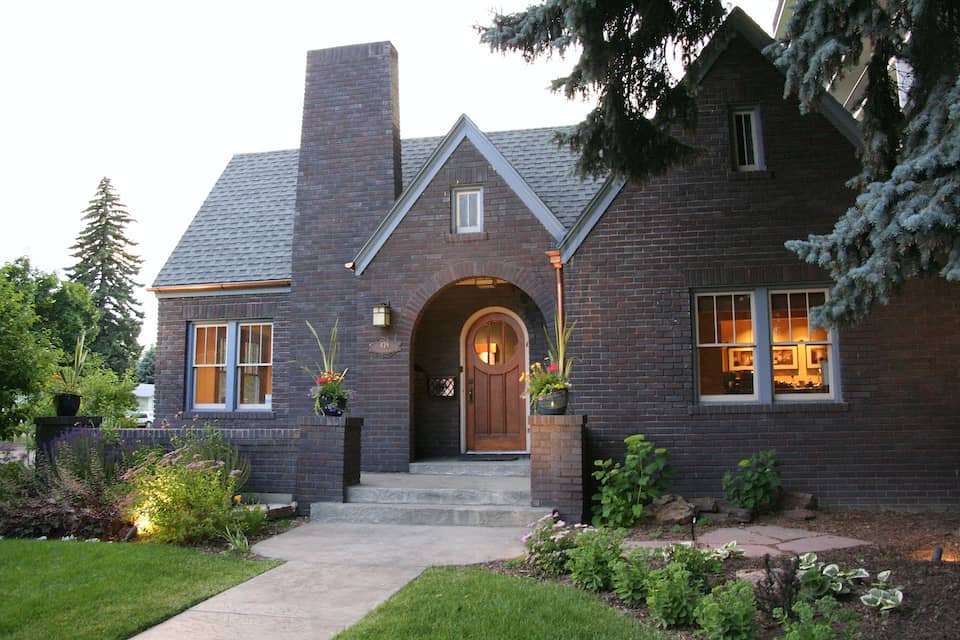If you’re thinking about a remodel or building a custom home, you may have a few builders in mind already. If not, ask people you trust for a recommendation or two. Check out the contractors’ websites and consider only those professionals who earn a thumbs-up from the Better Business Bureau.
Your time is valuable, so start by calling your top candidate. Ask them to explain: 1) their basic process, 2) the warranty they offer, and 3) the type of contract they use. Speaking of contracts, be sure you fully understand the differences between Fixed-Price, Time-and-Materials and Cost-Plus contracts. The latter two have the potential to significantly alter your budget.
If anything about the initial telephone conversation makes you feel uncomfortable then trust your instincts and keep looking. If you feel good about their initial responses then schedule a time to meet with the contractor at your home.
Nobody would expect a doctor to make a diagnosis and write a prescription without first seeing the patient. The same holds true for a contractor who must see your home and understand your real need before they can propose a proper remodeling solution.
This in-person meeting should be free of charge. Use this time to discuss your budget, realistic timeline and your desired level of involvement in the remodeling process. This conversation should include a description of the “pain” your living space is causing you. Ask the contractor to explain their planning and construction process in more depth.
Tour the project space together and ask specific questions such as:
1) How many projects like mine have you completed recently?
2) Can you provide references?
3) Do you guarantee start and completion dates?
4) Are you licensed in this city? Are you insured for this type of project?
5) Do you have professional architectural and interior design services to support my project?
6) Will you draft all plans, interpret zoning and planning requirements, manage HOA or historic reviews, and obtain building permits?
7) How is daily clean up, dust reduction and recycling handled?
If you feel comfortable with the contractor’s answers, and fully understand their process, then ask them to submit a proposal. Although the proposal is not a formal contract, it should include a preliminary estimate. If you are uncomfortable with anything, then discuss your concerns with the contractor or decline the proposal and find another contractor. It’s REALLY important to feel comfortable with your builder. A remodel is often an emotional process so compatibility is crucial. Every professional contractor has a different personality and communication style, so be sure the one you welcome into your home is right for you.
If you like the initial proposal and agree to move forward, then the builder will perform a thorough site review and work closely with you to develop your project. Once the project scope is fully defined and you approve the final design, a formal contract will be created and require your signature. It’s important to get everything in writing, so be wary of a flimsy two-page contract. Again, choose a builder who feels like the best fit. Once the contract is signed, then permits will be pulled, materials will be ordered, the project schedule will be created and construction can begin.

